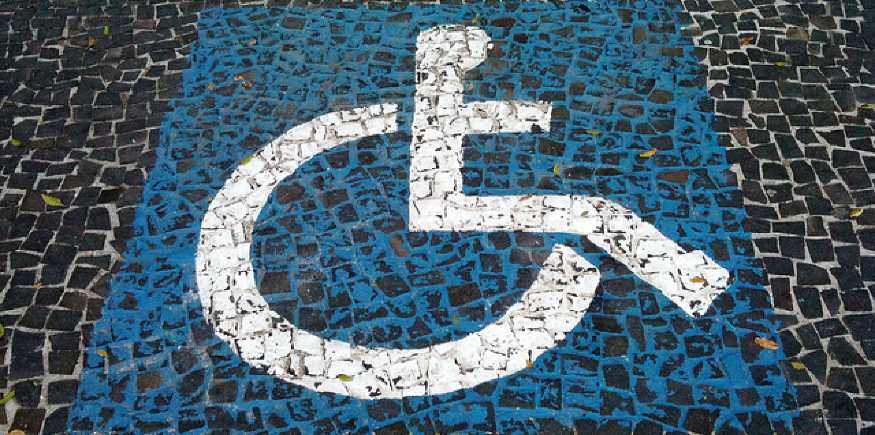
Most people don’t realise just how debilitating it can be to have to live with a disability. There are many different types of disability, and a lot of them aren’t even visible on the surface. Instead, they linger as mental health problems, unseen physical health problems and even degenerative diseases.
Because of this, a lot of people suffer from disability discrimination within the workplace. Essentially, this is when a disabled employee (regardless of the disability) is treated differently from their able-bodied coworkers. This can range from not having the tools and training to work effectively to not being granted appropriate time off or breaks to manage your disability.
And unfortunately, ongoing disability discrimination can lead to low self-worth, depression and various mental health issues. Because of this, we’ve put together the following guide to help you deal with the negative mental effects of disability discrimination.
- Don’t Suffer Alone
First, it’s extremely important to make sure that you never suffer alone, regardless of how embarrassed you are about your mental health and/or disability. There are thousands of people across Australia suffering from similar problems and discrimination, and support is available.
For starters, tell someone close to you about your struggles. This could be a partner, family member or even just a close friend. Seek advice from a psychologist if required, and don’t hesitate to seek legal advice in the case of ongoing disability discrimination.
- Speak With Your Employer
Even if you feel like you’re being unfairly treated and regularly discriminated against, your employer won’t necessarily be aware of your feelings. Because of this, it’s extremely important to ensure you speak with your employer about any problems.
In many cases, you will find that they are actually very supportive and will be able to help you resolve the problem fast and efficiently. If they don’t, your next action should be to seek clear legal advice.
- Speak With a Lawyer
Under Australian anti-discrimination laws, all forms of disability discrimination in the workplace are completely and 100% illegal. As someone suffering from a disability, you have the right to equal opportunities and treatment as all other workers.
If you’re not getting this and your employer isn’t willing to make any changes, you need to seek legal advice. In many cases, you may be able to open legal proceedings against your employer, especially if you can prove that you’ve been regularly discriminated against. With this in mind, it’s also important to take notes and gather evidence of any discrimination wherever possible.
Final Word
Everyone in Australia should have access to equal working opportunities and pay, regardless of their sex, gender orientation, age, race or disabilities. Fortunately, our anti-discrimination laws are strong, but that doesn’t mean problems don’t occur.
If you feel like you’ve been a victim of disability discrimination at work, it’s extremely important to seek help and/or advice. Lean on a close friend or family member, speak with your employer and seek legal advice if necessary.
